Japanese Beetles
susandonb
17 years ago
Related Stories
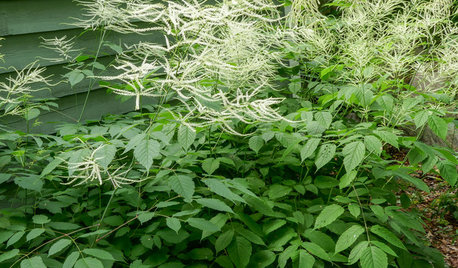
FLOWERS AND PLANTSAruncus Dioicus Is a Stately Plant for Shady, Moist Garden Spots
Plant goat’s beard in perennial and woodland gardens. Its large white spring blooms attract bees, beetles and butterflies
Full Story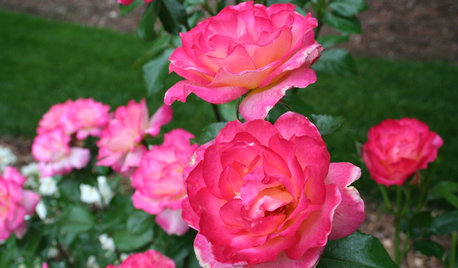
GARDENING GUIDESSoutheast Gardener: What to Do in June
Get your snippers out to protect your roses from beetles and harvest lavender from the landscape. It's a glorious month for Southern gardens
Full Story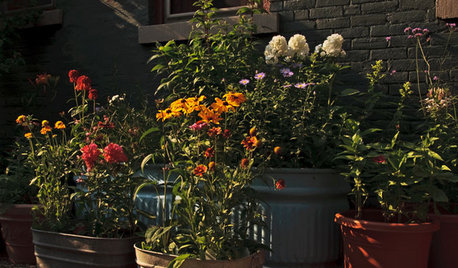
GARDENING GUIDESGreat Lakes Gardener: What to Do In July
Gather juicy berries and breathe in the lovely scent of lilies, but don't forget to stay on top of watering needs and shake off the beetles
Full Story
GARDENING GUIDESGreat Design Plant: Stachys Officinalis ‘Hummelo’
The adaptable ‘Hummelo’ betony adds jolts of color to a sunny border or woodland edge
Full Story
GARDENING AND LANDSCAPINGBid Bad Garden Bugs Goodbye and Usher In the Good
Give ants their marching orders and send mosquitoes moseying, while creating a garden that draws pollinators and helpful eaters
Full Story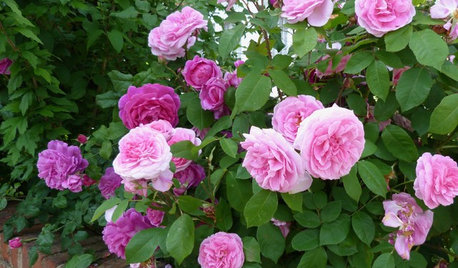
GARDENING GUIDESWhat Kind of Roses Should You Grow?
Want to add the beauty of roses to your garden? Find out which ones, from old-fashioned to modern, are right for you
Full Story
GARDENING GUIDES5 Best-Behaved Trees to Grace a Patio
Big enough for shade but small enough for easy care, these amiable trees mind their manners in a modest outdoor space
Full Story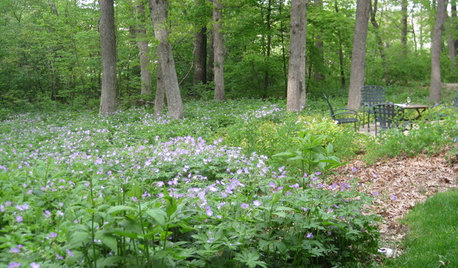
GARDENING GUIDESWe Bust 4 More Native Plant Myths
Have you been taken in by these fallacies about gardening with native plants?
Full Story
FALL GARDENING7 Reasons Not to Clean Up Your Fall Garden
Before you pluck and rake, consider wildlife, the health of your plants and your own right to relax
Full Story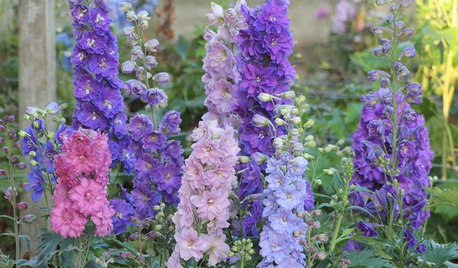
GARDENING GUIDES6 New Plant Varieties That Beat Out Their Parents
With better resistance and fewer demands, these garden beauties are worth a spot on your wish list
Full Story




kris2001
anntn6b
Related Discussions
What's your best solution for Japanese Beetles?
Q
Has anyone seen this beetle mixed in with your japanese beetles?
Q
Can you ID this huge brown beetle that japanese beetles like?
Q
Help!! Japanese beetles are eating everything in sight!!
Q
kris2001
anntn6b
harryshoe zone6 eastern Pennsylvania
hotpotatoe
lionheart_gw (USDA Zone 5A, Eastern NY)
mjsee
dan_keil_cr Keil
williamcartwright
anntn6b
buford
veilchen
banders
Evan
michaelg
williamcartwright
canadian_rose
michaelg
violet312s
veilchen
harryshoe zone6 eastern Pennsylvania
anntn6b
michaelg
williamcartwright
veilchen
Evan
athenainwi
alotofplants
buford
beetlewarrior
mehearty
buford
lionheart_gw (USDA Zone 5A, Eastern NY)
Molineux
karl_bapst_rosenut
veilchen
mehearty
spinach
dublinbay z6 (KS)
melissa_thefarm
roseleaf
melissa_thefarm
batosie2
michaelg
mehearty
spinach
mehearty
veilchen
beetlewarrior